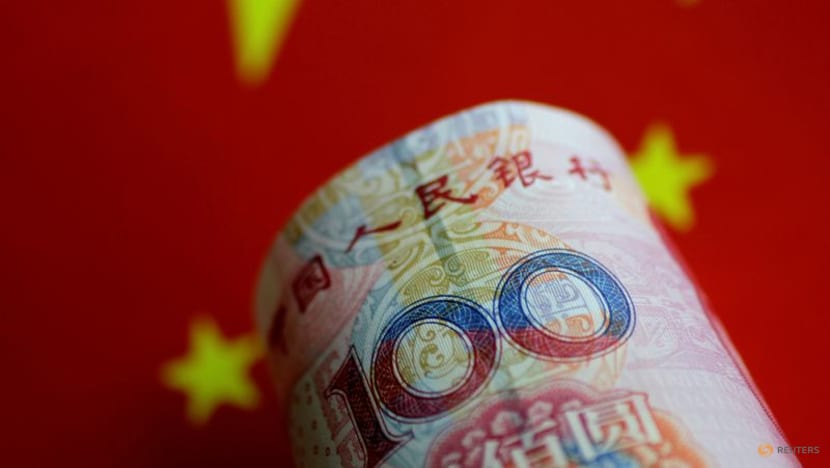Overseas investors cut China bond holdings for fourth month in May
16 June, 2022

Overseas investors reduced holdings of Chinese bonds for a fourth consecutive month in May, and at the fastest rate in nearly five-and-a-half years, as diverging monetary policy kept Chinese yields pinned below their U.S. counterparts.
Foreign holdings of yuan bonds traded on China's interbank bond market totalled 3.66 trillion yuan ($546.54 billion) at the end of May, according to Reuters calculations on data from depository institutions China Central Depository & Clearing Co and the Shanghai Clearing House.
That was down 2.9 per cent from a month earlier, the biggest monthly decrease since January 2017. It was also down 0.5 per cent from the end of May 2021, the first year-on-year decrease since 2016, according to data from the People's Bank of China (PBOC).
Offshore investors held 2.38 trillion yuan worth of Chinese government bonds at the end of May, down 0.6 per cent from a month earlier. Holdings of quasi-sovereign policy bank bonds fell faster, dropping 7.7 per cent from a month earlier and 11.7 per cent year-on-year, to 889.9 billion yuan. "With the desynchronized monetary policy between the U.S. and China, foreign investors continued to offload Chinese bonds due to wider divergence in yields and a weaker yuan," said Gary Ng, Asia Pacific senior economist at Natixis in Hong Kong.
"The turn of the global monetary tide may continue to drive capital outflows in Chinese bonds."
The U.S. Federal Reserve on Wednesday announced its biggest rate hike since 1994, lifting the target federal funds rate by three-quarters of a percentage point and forecasting further rises, as it attempts to curb surging inflation.
In contrast, investors continue to expect more policy stimulus in China as authorities try to pull the economy out of a sharp, COVID-induced slump. Analysts have cautioned that China's ability to ease policy may be hampered by concerns about capital outflows.
Reflecting the divergence, Chinese 10-year government bonds yielded 51 basis points less than their U.S. equivalents on Thursday, down from a 115 basis point premium in early March.
Ng said the faster selloff in policy bank bonds reflected growing risk aversion, with investors seeking China exposure likely to prefer its sovereign debt.
Source: www.channelnewsasia.com
